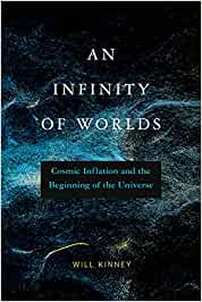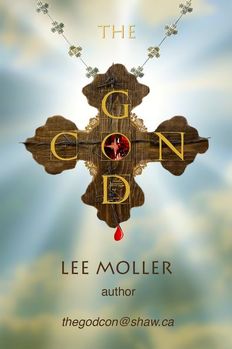 This book deals with the biggest questions of all about the biggest thing of them all… the entire universe of universes, or if you prefer: life, the universe and everything. These write-ups are really just my notes on what I have read. In many cases, the concepts are so large that my notes cannot do them justice and you must read the original source. This just such a case. This book contains some very large, deep ideas that I do not really understand and my notes cannot adequately reflect. This book's index is quite poor. A pet peeve of mine. Some basics the book discusses:
At this point, the book lays out a cosmic timeline beginning from a very hot and dense start 13.7 billion years ago, till now. Time starts in the Planck Era: from 10 to the -43 seconds to 10 to the -32 seconds. It goes on from there to 6 billion years ago when matter became less dense than energy and cosmic growth stopped decelerating and started accelerating. Which brings us to today. It is very hard to summarize a book that deals largely in abstract ideas, but here goes.
Another interesting idea about time is discussed. We see an infinite future, but a finite past. This is asymmetric. But if you use a logarithmic clock, time appears infinite in both directions. The descriptions of the many universe hypothesis is fun and intriguing, but as the author points out, these ideas are not scientific in that they are unfalsifiable. The title of the book comes from Giordano Bruno who said, shortly before he was burned to death for heresy: "God is infinite so his universe must be too… He is glorified not in one, but in countless suns, not a single earth , a single world, but in a thousand thousand, I say an infinity of worlds." No discussion of the universe and how it came about is complete without mentioning the anthropic principle. One way to look at the multiverse is as a beer with many bubbles. Each bubble is a universe, possibly with its own physics laws. The multiverse, as implied by inflation, also addresses the fine tuning argument (the idea that the universe was made just for us, or vice versa). In its simplest form, the anthropic principle is basically a tautology. The universe is what it is because we are here to observe it. I.e.: the universe implies us, and we imply the universe that made us. There are three main objections to the anthropic principle. 1) It is not scientific because we are cut off from the other bubbles. 2) The anthropic principle does not say what parameters in each universe can change, and which cannot. 3) The idea is based on a narrow interpretation of "life" This book is very recent so it should represent our best ideas of how it all came to be. These are literally the largest ideas that the human mind has ever contemplated. Five thousand years ago, somebody speculated that we were super-duper special, and that we, and everything we see, was all created for us by a benevolent god. That idea is forgivable and a load of rubbish. As we have grown in knowledge, our specialness has all but disappeared. I find it utterly remarkable that we live in a time when we can ask these types questions and actually get answers. Of course, most of those answers are negatives, often in the form of "close, but no cigar". The good news it that we are getting new data every day (e.g.: the James Webb telescope, CERN, LIGO, COBE, Chandra etc)), , and these data underscore our ignorance and drive us forward.
0 Comments
|
AuthorLee Moller is a life-long skeptic and atheist and the author of The God Con. Archives
May 2024
Categories
All
|

 RSS Feed
RSS Feed